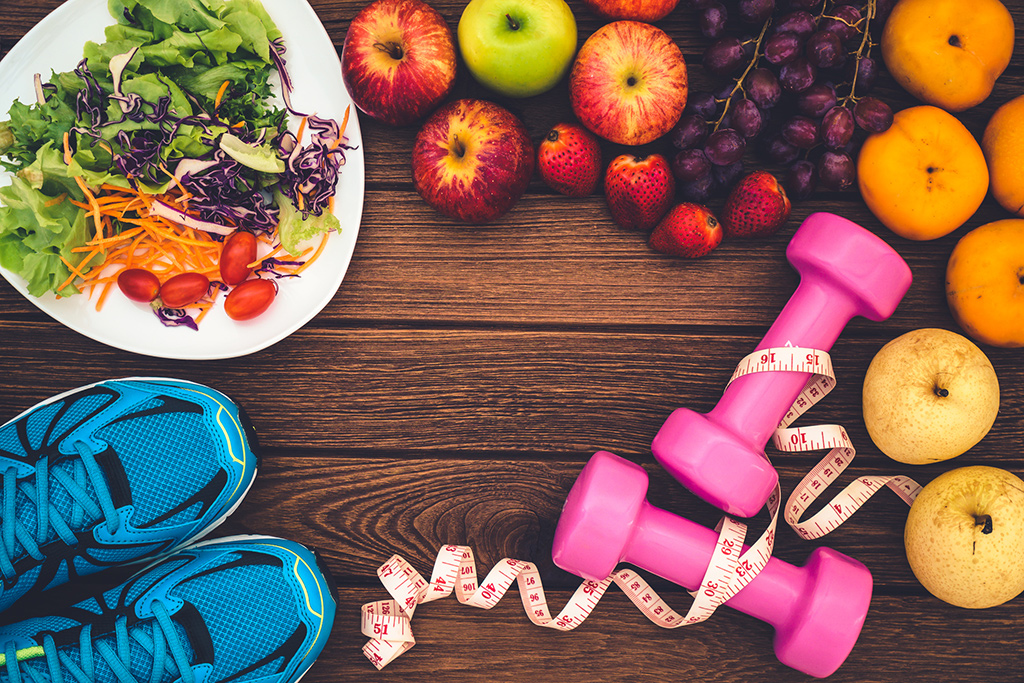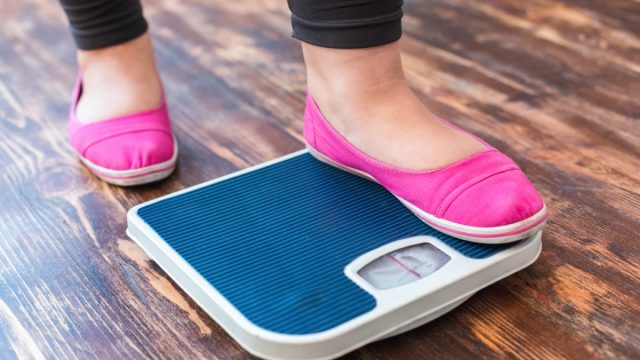- Avoid staying more than 3 hours during the day and 10 hours at night without eating, and eat slowly and in a quiet environment – main meals should last at least 30 minutes;
- Attention to the consumption of carbohydrates. You should choose to consume them more in the morning, and decrease your consumption throughout the day;
- Avoid consumption of sugar and sugar-rich foods such as soft drinks, pastries, honey, chocolate, etc.
- Increase the consumption of fiber from your food, using not only fruit and vegetables, but also the consumption of legumes (beans, grains, peas, lentils, beans and soybeans), whole products and seeds, such as flaxseed, chia, sunflower, sesame, etc.;
- Bet on the consumption of vegetables. These should be present in the food not only in the main meals, but also in the intermediate meals. At lunch and dinner, make sure you eat vegetables in the soup and on the plate, cooked or raw (in salad, for example). In snacks, introduce carrots, tomatoes, cucumber sticks, etc.;
- Alternate the consumption of meat and fish, favoring the consumption of lean meats (poultry, rabbit, lamb) and fish. When eating fatty meats, opt for the leaner cuts and always remove the visible fat. Include fatty fish (salmon, tuna, mackerel, sardines, herring) in your food about 3 times a week;
- Avoid garments that include a large amount of fat. Choose to use wine and beer in the cooked instead of the oils. When you must use a fat to make food, opt for olive oil and coconut oil;
- Do not abuse the salt. Introduce spices, herbs, garlic and lime in your food as a substitute;
- Consume weight loss systems supplements to support your weight loss activities;
- Practice at least 30 minutes of moderate daily physical activity such as running, running, or cycling.

Helen Bradley is a health blogger and the founder of her own blog about fitness. She has been blogging for three years now and loves to share what she learns with others. Helen enjoys reading, cooking, and staying active outdoors.











